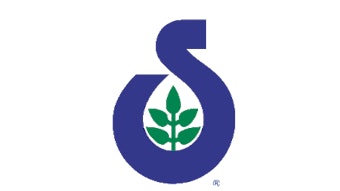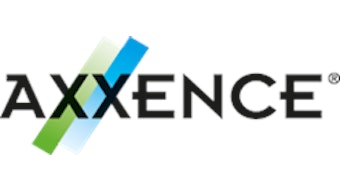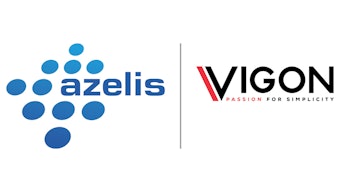The top fragrance and consumer products industry organizations are refuting claims made by women’s health advocacy group, Women’s Voices for the Earth (WVE), which has launched a public campaign requesting immediate disclosure of alleged “hidden fragrance allergens” that it claims are harming public health.
“An enormous amount of research, development, review and safety evaluation goes into the manufacture of cleaning and personal care products long before they hit the store shelves,” the American Cleaning Institute (ACI), Consumer Specialty Products Association (CSPA), and International Fragrance Association North America (IFRANA) said in a joint statement in response to the claims.
“Cleaning product and fragrance makers strongly stand behind the safety of their products and completely reject misrepresentations made by a pressure group about fragrance ingredient safety,” the groups added.
The Women’s Voices for the Earth recently issued a report “Secret Scents: How Hidden Fragrance Allergens Harm Public Health,” which claims that fragrance used in household and personal care products is “one of the most frequently identified allergens." It says these allergens are "disproportionately" impacting women, and it claims that women become sensitized to fragrance at an earlier age and are two times more likely to have fragrance allergy than men.
The WVE also later claims there's a lack of disclosure of potentially harmful ingredients. As a result, it has also launched a public "take action" e-mail campaign urging the International Fragrance Association (IFRA) to amend its code of practice (Appendix 4, Section 3) to "strongly encourage fragrance manufacturers to disclose fragrance ingredient information to their customers without requiring a confidentiality agreement."
However, the ACI, CSPA and IFRANA cited transparency initiatives already in place and noted that fragrance ingredients used in these product categories are in compliance with more than 150 global industry safety standards that already exist today.
“Wherever these products are sold, they are subjected to that nation’s restrictions, regulations and/or legal protections. Therefore, the products are in compliance everywhere they are sold,” the group said, later adding that “companies are communicating transparently with consumers through ingredient disclosure programs.”
IFRA has a list of fragrance ingredients used in consumer products, which is available to the public. Additionally, some cleaning product manufacturers provide information about ingredients in their products through their participation in the Consumer Product Ingredient Communication Initiative. The initiative provides regulators, non-governmental organizations and consumers with more access to information pertaining to a product’s fragrance ingredients, preservative ingredients, as well as dyes and colorants.
Household cleaning products sold in the U.S. are regulated under the current system of risk evaluation and risk-based labeling through the Federal Hazardous Substances Act (FHSA) and administered by the U.S. Consumer Product Safety Commission. Through the FHSA regulations, the point of purchase label informs consumers about the potential hazards, product ingredients contributing to those hazards, appropriate handling and storage, applicable first aid information, and how to minimize risks to children.
Fragrances used in cleaning and personal care products are designed in compliance with global IFRA standards, based on research conducted by the Research Institute for Fragrance Materials (RIFM). The results of RIFM’s research are reviewed by an expert panel from dermatology, pathology, toxicology, respiratory, environmental and reproductive fields.This rigorous scientific process, the organization reiterated, forms the basis for the standards set by IFRA and followed by its members.
“Cleaning products play a critical role in enhancing everyday health and contributing to better living for everyone. They are used safely by millions of consumers worldwide every day to improve their lives and manage their environments efficiently and effectively," the groups collectively said. "It’s regrettable that misinformed and ill-advised attacks attempt to discourage the use of these very beneficial products."









